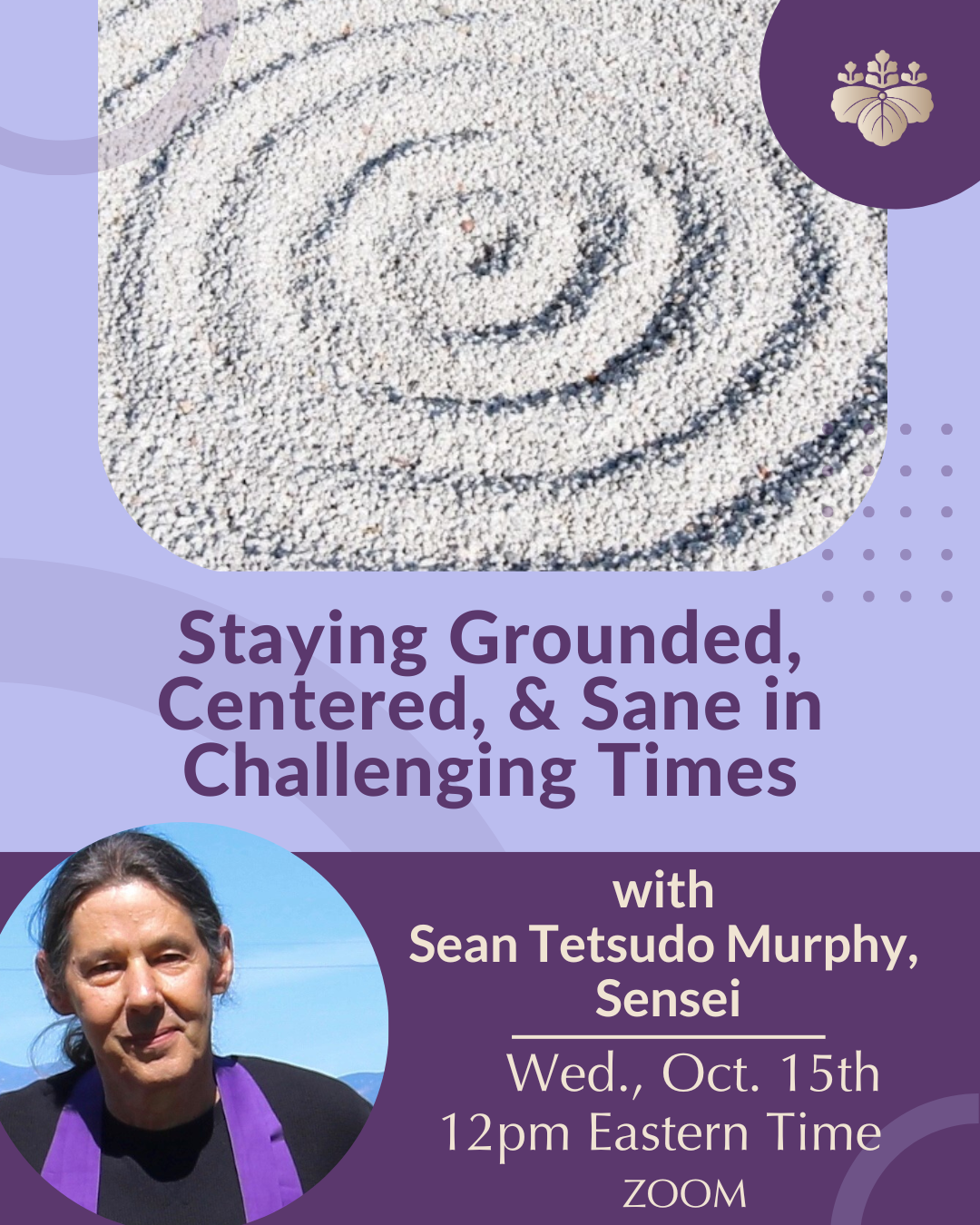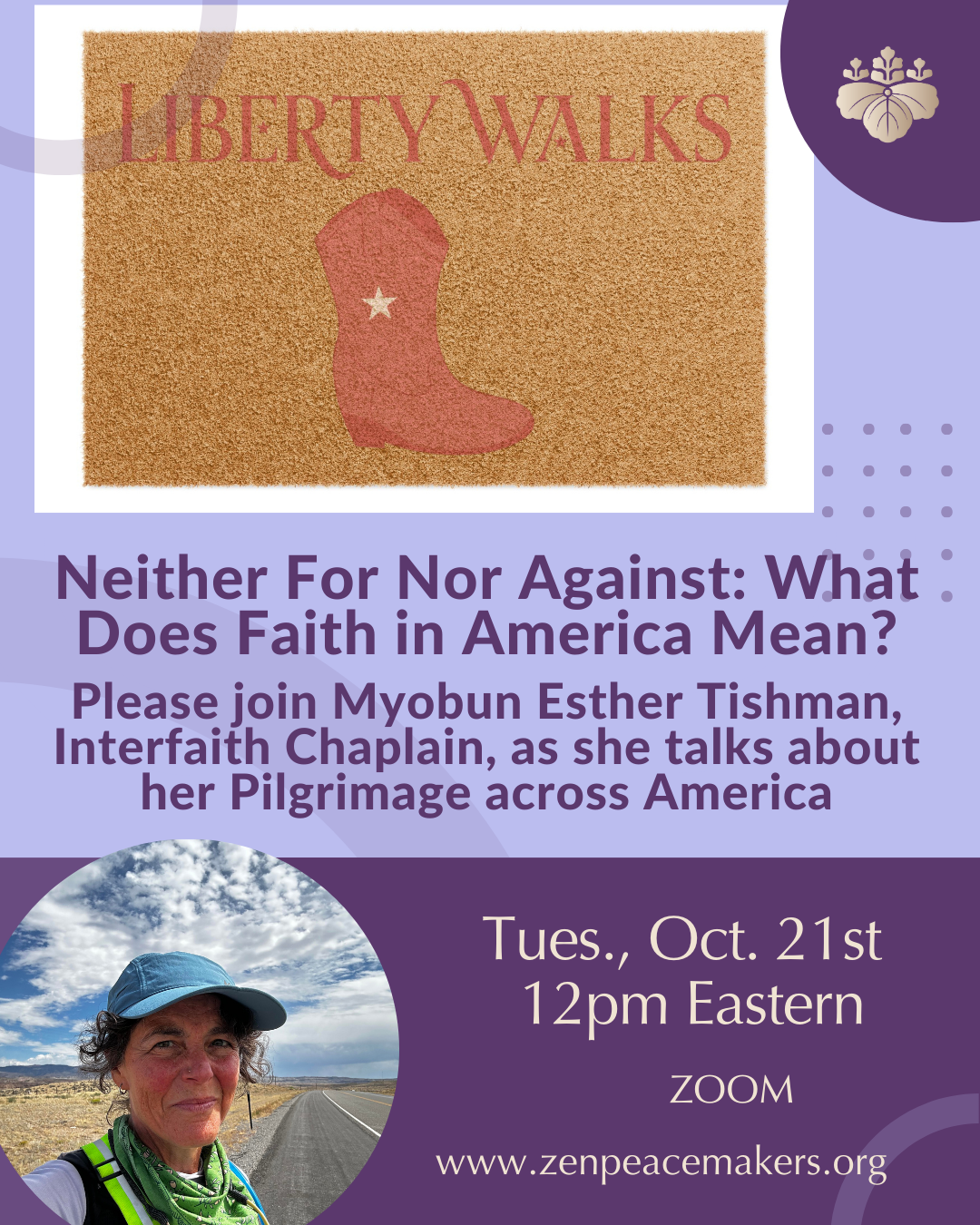In the first days of the Symposium for Western Socially Engaged Buddhism, we discussed how the rich tradition of Buddhism has always taught people not only to wake up to the fact that we are all one, but to actualize our interconnectedness in the way we treat each other in personal relationships, families and in society as a whole. While the structure of the Asian monastic community may or may not have relevance in contemporary U.S., Buddhists and like-minded fellow travelers have been on the cutting edge of developing organizations and systems that reflect our interconnectedness, including social enterprise. A business model based on the Buddhist insight of interdependence joins the social enterprise movement, where social and environmental outcomes are placed on par with profit.
According to presenters Peter Senge and Richard Landry, since the emergence of capitalism, first industrialization and more recently the internet have accelerated and intensified the interconnection about which Buddhism always taught. For example, Senge described how a few generations ago, the food and clothing that people used was usually produced in their own region whereas today, the goods we consume come from all over the world. This makes us more connected to far off places, making new things available, but also bringing new risks and challenges.
The results of economic change, however, are not always harmful. When Richard Landry worked in the magazine industry in the 1980’s, they talked about their audience as a community. This is still the case with readers of online content today, except for that the digital format provides for more opportunities for communication between content creators and readers and between readers and for readers to become content creators themselves.
While new technology can build community, several panelists advocating social enterprise traced a problem to industrial capitalism as it emerged in the 19th Century. That system, which prioritized shareholder profit above social welfare has caused suffering throughout the world and advocates of social enterprise provide an alternative. Because of its harmful effects, some Symposium presenters and participants felt anger and indignation towards capitalism and money. Alan Senauke argued that Buddhism should contribute to a radical internationalist political analysis, while David Loy espoused the significance of Buddhist contributions to a critical analysis of the dominant system.
On the other hand, presenters from the Soul of Money Institute described that money itself is neutral. It is energy and the important question is how we use it. Martin Luther King, Jr. and Mahatma Ghandi, after all, were phenomenal fund-raisers. The flow of money can support (or derail) civil rights struggles and it also effects people at every stage of production. Richard Landry declared that we need a deep and thoroughgoing analysis of the implications of our consumption system at every stage of production, including acquisition of raw materials, production of goods, sales, consumption and waste.
Panelists explained how public policy reflects and supports a system that sometimes places profit over social and environmental concerns. As championed by his CSRwire, Joe believes we need better systems to measure and evaluate how companies are performing according to standards of sustainability. Because of the low marginal cost of reaching large numbers of additional people, Joe believes that online tools can help affinity groups overcome barriers of distance to work together for common ends.
Members of the Symposium explored a few examples of sustainable businesses, including the Greyston Foundation, founded by Symposium host Bernie Glassman, a coalition for sustainable food in which Senge was involved, and panelist Mark Mininberg’s clean energy business.
– Ariel Pliskin. Feb 3, 2011


